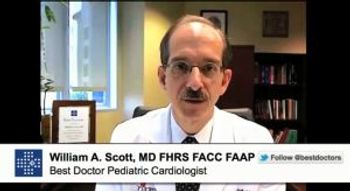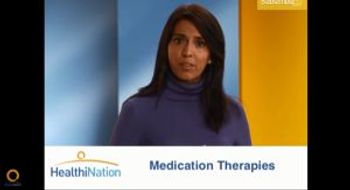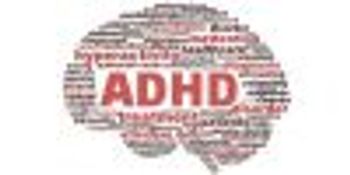
ADHD
Latest News
CME Content


A meta-analysis of studies including almost 2 million patients finds that use of ADHD medications increases neither the risk of sudden death nor the risk of adverse cardiac events.

Too often, ADHD drugs are prescribed to kids whose parents just want some peace and quiet, putting the kids at risk of addiction.

A survey of pediatric subspecialists found that 9 in 10 do not follow guidelines from the American Academy of Pediatrics for treating preschoolers with ADHD.

Diagnoses of ADHD have risen dramatically in recent years, leading some health care professionals to worry that the diagnosis is being applied too liberally.

A large-scale study found that adults who had been diagnosed with ADHD as children were almost 5 times as likely to commit suicide as peers who were not diagnosed with ADHD.

A CDC report finds that ADHD medication rates range significantly from state to state and are generally highest in the South.

The increase in visits to emergency departments was largely driven by abuse of ADHD drugs among adults and nonmedical use of the drugs.

A small study sheds light on how ADHD medications perform for adolescent patients in a school setting.

Jyoti Bhagia, MD, discusses use of a rating scale in diagnosing and treating patients with ADHD.

William A. Scott, MD, addresses the question of whether children who are initiating use of ADHD medication need to have an EKG.

Pediatrician Preeti Parikh, MD, provides an introduction to treatments for ADHD in children, including behavioral therapy, psychotherapy, family therapy, and various types of medication.

Pharmacists play an important role in helping patients understand ADHD's various forms, as well as the condition's responsiveness to medication and other therapies.

April is National Autism Awareness Month, which makes it a great time to recognize that those on the autism spectrum may be different, but they deserve respect just like everyone else.

Patients receiving medication for attention-deficit/hyperactivity disorder appear to be significantly less likely to commit crimes, according to the results of a study.


Patients with chronic pain are prime candidates for a medication review because of possible interactions, toxicities, and adherence issues.

An analysis of the top 200 drugs by prescriptions dispensed and total sales reveals key trends in today's pharmaceutical market.

The wider range of symptoms found in Asperger's syndrome makes the disorder a challenge to diagnose and treat.

As manufacturers and government agencies squabble over quotas, patients scramble to get their preferred treatment regimens.


Updated recommendations from the AAP provide guidance on treatment of ADHD in different age groups, and emphasize the importance of behavioral therapy.

The FDA approved Kapvay (clonidine hydrochloride extended -release) as a monotherapy and adjunctive therapy for the treatment of attention- deficit/hyperactivity disorder in children and adolescents aged 6 to 17 years.
























